
Ibn Al-Haytham
As one of the basran polymath Al-Hasan Ibn Al-Haytham, the figure is known for his innovative impact on the field of optics as well as for his systematic way of conducting research. The one book that marks the beginning of his work is “The Book of Optics” which remains a core part of the realm of physics to this day, being a great example of a lasting contribution.
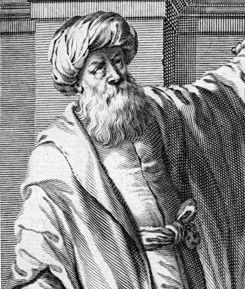
Thus, the major motifs of al-Haytham’s intellectual evolution where his unshakeable faith in experimenting and measuring. This philosophy, he applied in his continuous studies in optics, mathematics and astronomy as well as gaining further understanding of the nature of light and vision during his stay in Egypt.
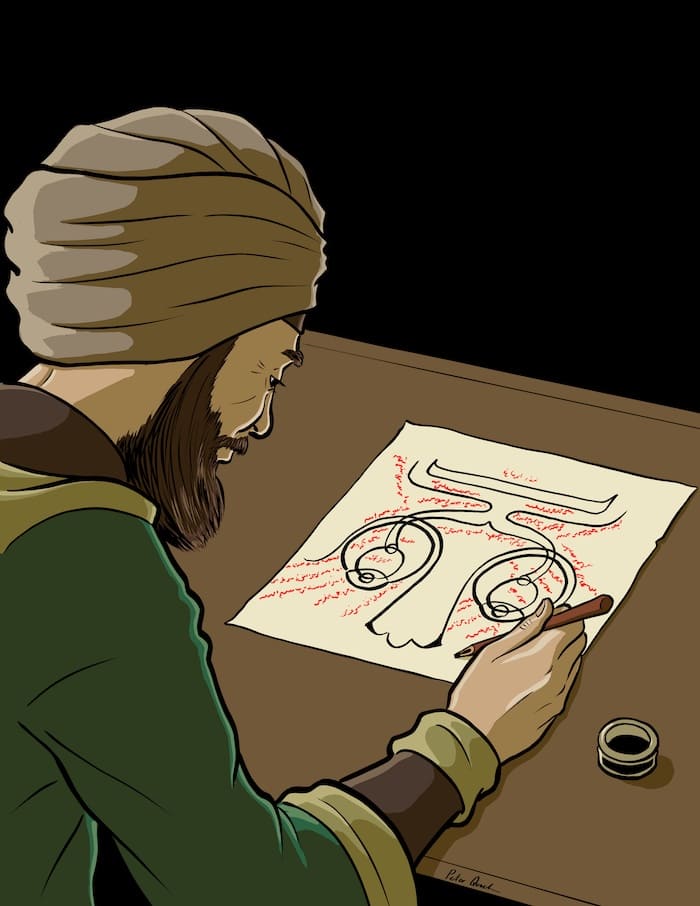
Concerning the areas of knowledge influenced by Al-Haytham, these were geometry, astronomy, natural philosophy and arithmetic. His dedication to the procedure of experimental confirmation made him differ from the other scholars and impacted future scholars like Omar Khayyam and Taqi al-Din. His theories on light and the associated wavelengths reflected throughout the period fo the European renaissance and influenced the course science would take.
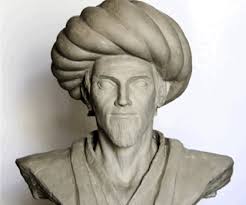
To this day, Alhacen’s works have not been translated back into Latin until the 13th century’s rediscovery of “The Book of Optics,” which having been translated affected key minds such as Roger Bacon and Johannes Kepler. Volumes have been written on the impact of Al-Haytham and his achievements in setting up the basis for the scientific revolution in Europe.
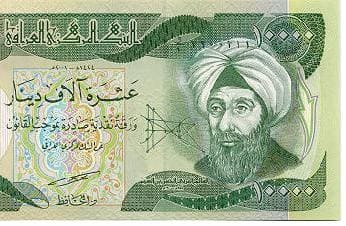
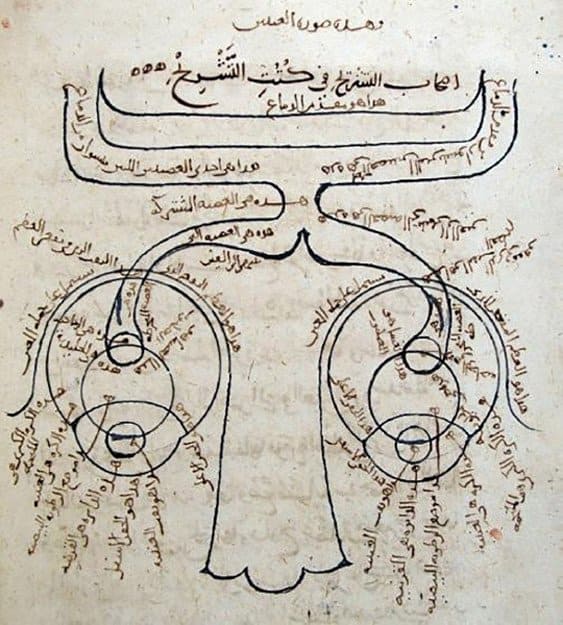
Besides optics Al-Haytham was also working in astronomy where among other findings he established the direction of Qibla and critiqued Ptolemy’s theories. Calculus, conic sections, a theory of numbers – these are the fields Albert Einstein can be recalled as working in during his mathematics work, connecting algebra and geometry. His medical researches contributed to the understanding of vision and the philosophical works aimed to show that science and religion are compatible.
Year after year, Al-Hasan Ibn Al-Haytham’s work shall remain evidence of curiosity, empirical research, and striving for knowledge. Up to now, people can find numerous reflections of his ideas in the context of today’s science and philosophy, proving the statement that the search for knowledge has no temporal and geographical boundaries.